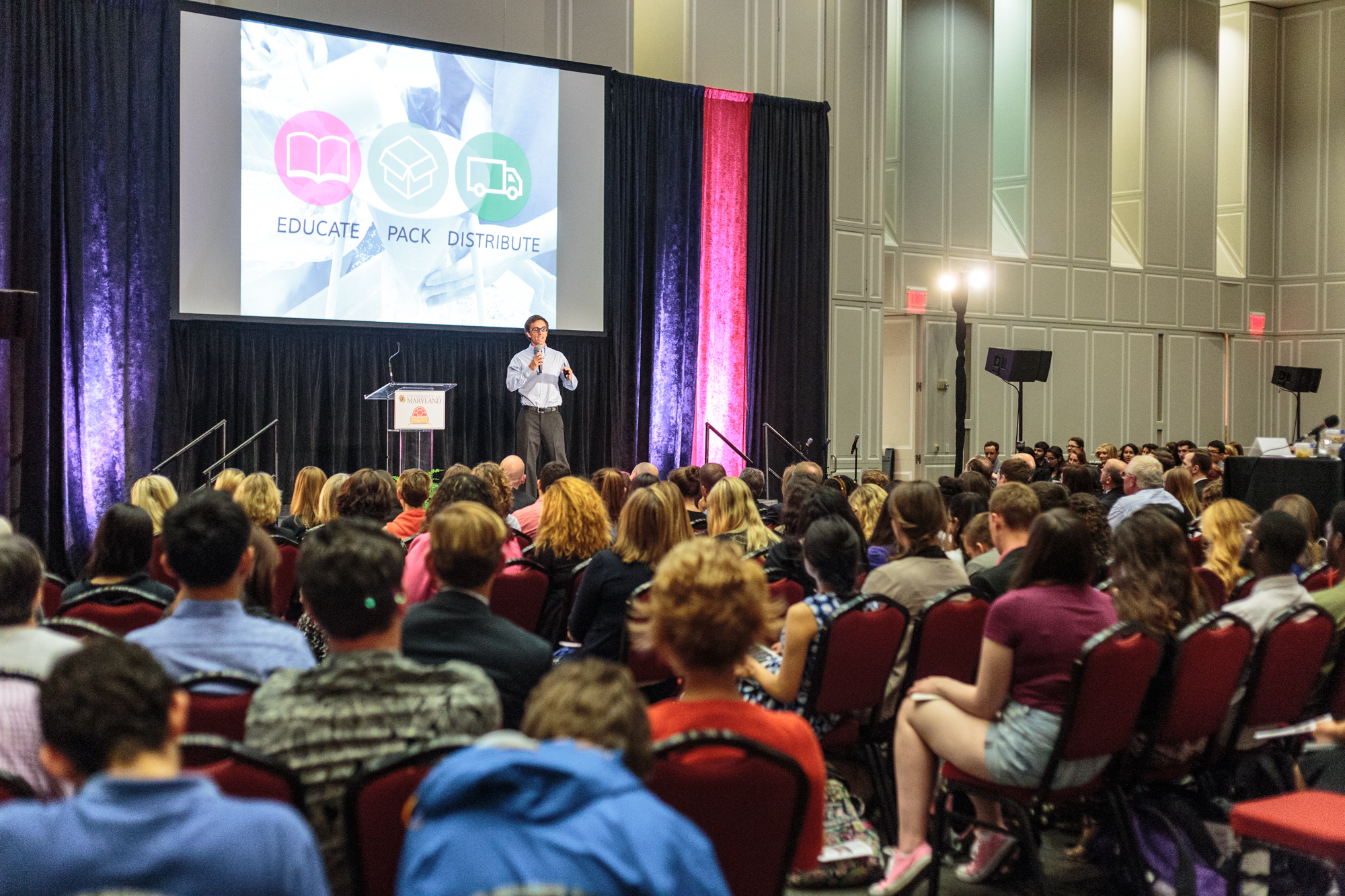Views expressed in opinion columns are the author’s own.
Most students remember filling out college applications with lists of clubs, sports or charity work. Whether serving on a mission trip, helping in a soup kitchen or volunteering at the local elementary school event, most people gave some time to others before applying for college.
While some continue this dedication to community service, not everyone does. In fact, many suggest today’s youth are too self-centered to care about others. While that statement isn’t wholly accurate, especially considering the prevalence of activism and advocacy among young people, it might not be far from the truth concerning youth volunteering.
A study conducted from 2002 to 2009 showed that teenagers ages 16 to 18 volunteered much more than 19- to 24-year-olds on average. Respondents 25 years and older also volunteered more than 19- to 24-year-olds. The same study found that 47 percent of high school students volunteered, while only 43 percent of college students did.
This data supports a rather hypocritical idea: Universities highly recommend high school students pad their resumes with volunteer experience, while barely encouraging their current students to serve. In an age when technology connects us to movements and ideas across the globe, it’s unacceptable that more college students don’t work to improve their world — and it’s even worse that colleges don’t encourage greater student activism.
As students we’re bombarded with things to do: course requirements, jobs, internships and a slew of extracurriculars. Some of those things we want to do, some are necessary and a few feel forced upon us by the powers that be. It may not seem right to expect universities to pile another expectation on students, but if not the promotion of volunteer work and charity, then what?
In 2016, the University of Maryland launched the Do Good Initiative, which aims to “engage the entire student body in initiatives designed to ensure that every student who graduates from UMD will do so informed and motivated to Do Good in their communities and around the world.” This initiative culminates in an annual competition — created in 2012 by the public policy school — that awards prizes to student-led initiatives that “create the greatest social impact possible.”
While the Do Good Initiative aims to inspire students across this campus, it has a long way to go. To really create an environment that promotes charitable work and community service, this university needs to make this initiative accessible to a wider range of students.
The Do Good Challenge motivates students with prize money and distinction but neglects students who may not be able to dedicate a large portion of their time to a single project. Smaller-scale initiatives are integral to achieving the initiative’s comprehensive goal.
Although the Do Good Initiative isn’t perfect, it’s a much-needed step in the right direction. Students are pushed in so many different directions, and while this university offers at least a fledgling attempt at encouraging charity work, that isn’t the case for all campuses. This negligence is especially disheartening considering most students are expected to have volunteered before entering college.
This university has set a new standard for other institutions. By actively encouraging a charitable student body, leading by example and promoting community service, this university has set itself apart. Hopefully, as this university continues to expand the Do Good Initiative, other campuses across the country will follow suit. If they do, volunteer work will no longer be the thing students do to get into college — it’ll be a commitment to their communities in college as well.
Caitlin McCann is a sophomore communication major. She can be reached at caitlinmccann32@gmail.com.



